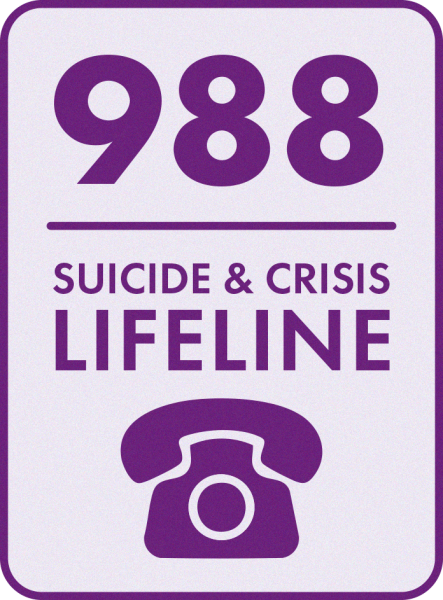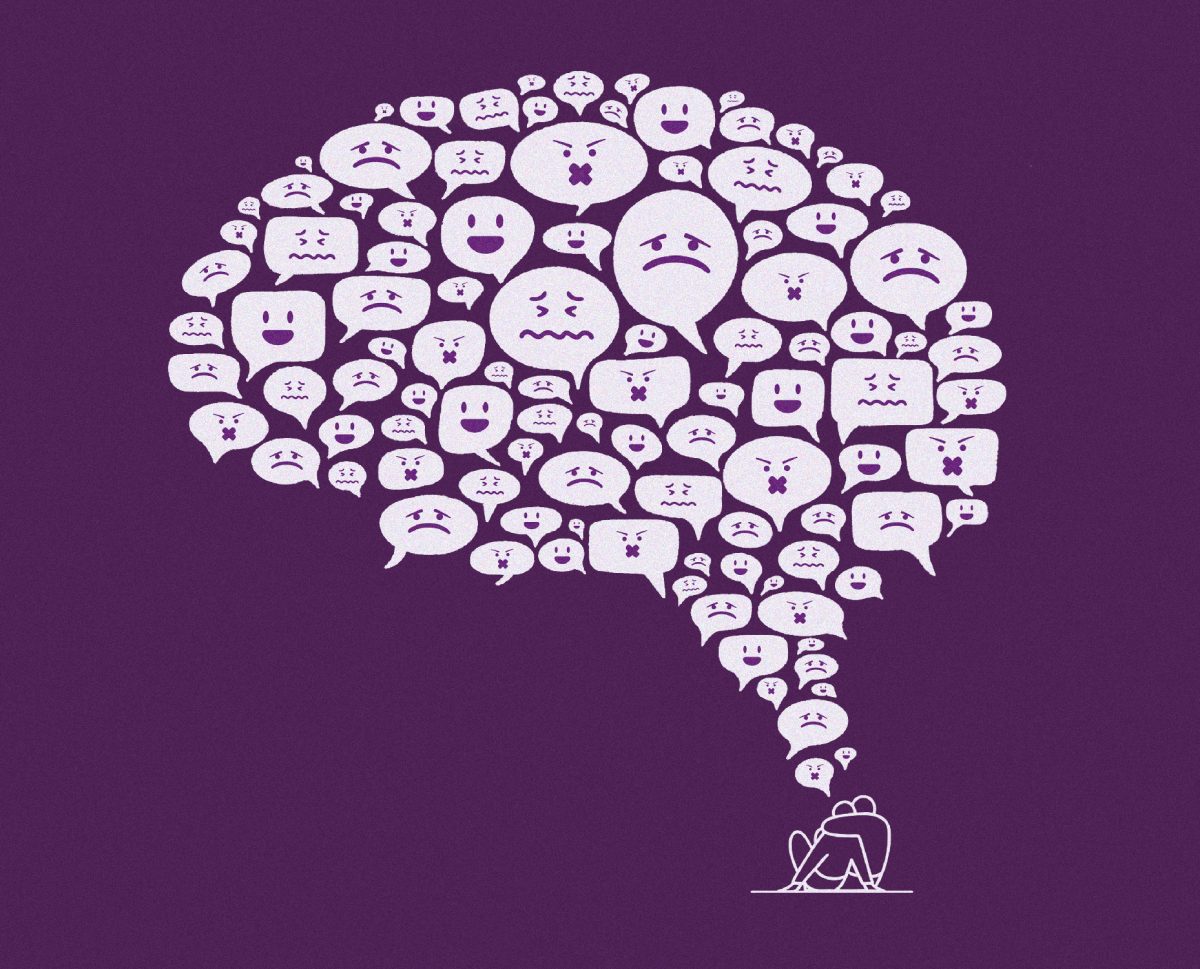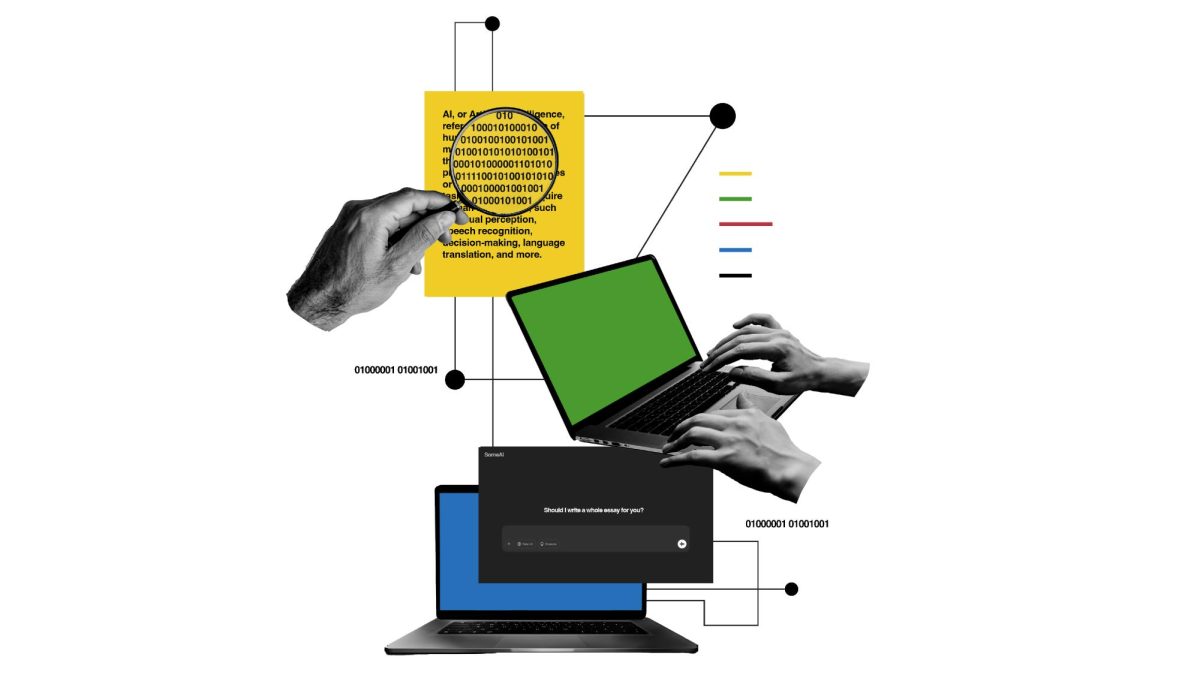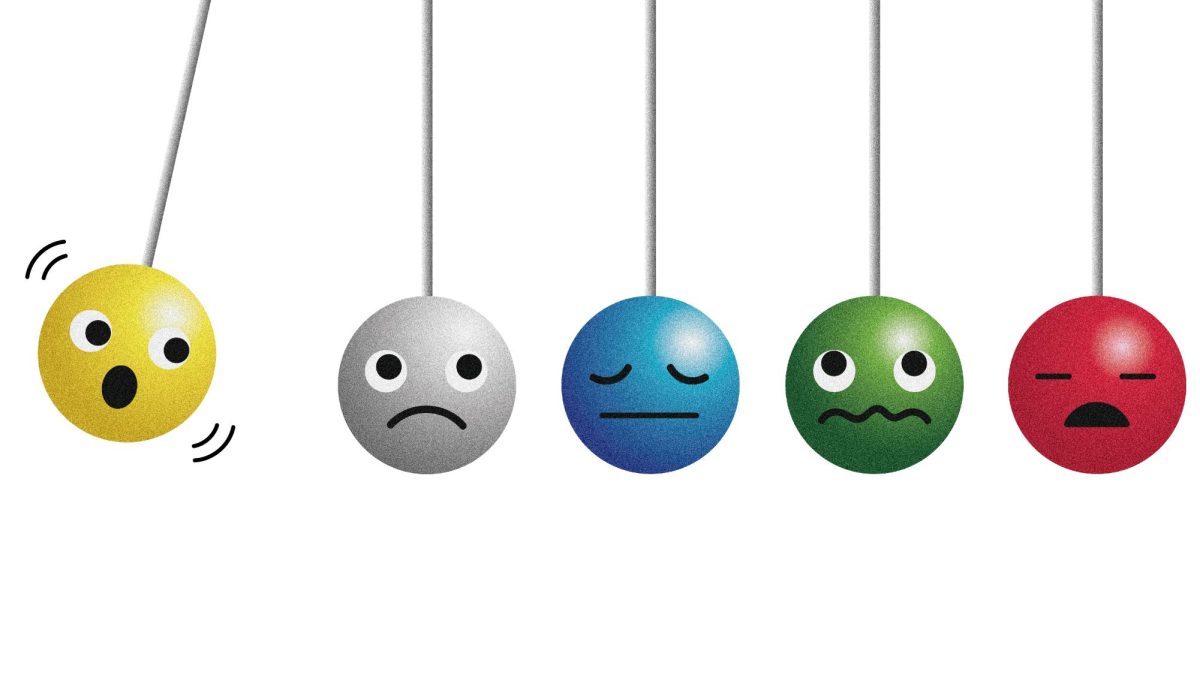When you’re going through a hard time, opening up to a close friend or family member about it can prove to be a nerve-wracking experience, no matter how much you trust them.
Even if you regularly meet with a therapist, turning to friends and family during hard times can provide unique support and encouragement that can reduce mental illness symptoms and improve outcomes.
One of the best places to get support when you’re struggling is from your friends and family, according to Tessie Webster-Henry, mental health promotion and suicide prevention coordinator for Counseling and Psychological Services on campus.
“I think there’s an idea out there that the only way to get support is through professional help,” Webster-Henry said, “and that is definitely a piece when needed, but the human connection piece is far more valuable for our ongoing mental health.”
83 percent of studies conducted between 2015 and 2020 on social connection and mental health reported social support improved depression symptoms, according to a 2022 review of studies. Of the nine studies focused on the effects of loneliness, eight reported that feeling lonely was associated with higher risk of depression, worsening depression and anxiety.
Social connection and seeking support is a determinant for long-term mental health. Support can come from anyone like a close friend, mentor, professor, parent or sibling.
“I’m not telling everybody, but I’ve got one or two friends that I can go to and just know that they’re going to be receptive and know that they’re not going to judge me,” said Jackson Harding, third-year accounting major.
Harding is a member of Dam Worth It, a student-run campus campaign focused on destigmatizing mental health in sports, and is on the student advisory board for CAPS.
Harding said it’s always better to be open about your mental health rather than closed off.
“Especially in college, when life gets more difficult, it is so much more beneficial, or at least for my own personal experience, to (be open),” Harding said.
The act of opening up can reduce stress levels and improve moods, according to the National Alliance on Mental Illness, a nonprofit focused on mental health education.
That isn’t to say it’s an easy thing to do. Many people will avoid opening up due to fear of judgement — for fear of being seen as “weak” or “crazy,” Webster-Henry said.
To open up to a trusted person, psychology professor and therapist Scott Mcfee suggests telling them how you’re feeling and that you just want to be heard.
“I just tell them, ‘I’m feeling really anxious and I don’t need you to do anything about that,’” Mcfee said. “‘I just want you to hear me.’”
The National Alliance on Mental Illness suggests providing concrete examples of what you mean by your anxiety or depression, and to suggest ways they could support you.
When someone else has opened up to you, Webster-Henry said it’s important to have an open demeanor. Mcfee emphasized truly listening to them no matter how they talk about it.
“People generally need to just be understood, that that’s where they’re at — that they are anxious, that they are sad, that they are thinking about harming themselves,” Mcfee said.
Mcfee and Webster-Henry said to avoid the temptation to fix or resolve anything.
“I think that’s always one of the things that we run into. When somebody tells us that they’re anxious,” Mcfee said, “we’re like, ‘Oh, let me turn off the lights for you,’ or ‘Let me get you a cup of tea,’ or ‘How about we do s

ome breathing?’”
Instead, Webster-Henry suggested asking the other person what they need.
“We have our own ideas of what we might imagine we would want in this situation, not necessarily what the other person might want,” Webster-Henry said.
An easy thing to do if you’re unsure what to do or say is to repeat what they said.
“So they know they’re being heard without going to the next step of, ‘And I think you should,’ or ‘You might try (this),’” Webster-Henry said.
If the person appears to be in a lot of distress and the situation is too much for you to handle, direct them to call or text the Suicide & Crisis Lifeline at 988.
The lifeline also can provide coaching to you if you’re unsure how to help.
CAPS also provides crisis counseling by phone at 541-737-2131.
“What I would hope for,” Mcfee said, “is the ability for us to take each other seriously when we say that we’re suffering.”











